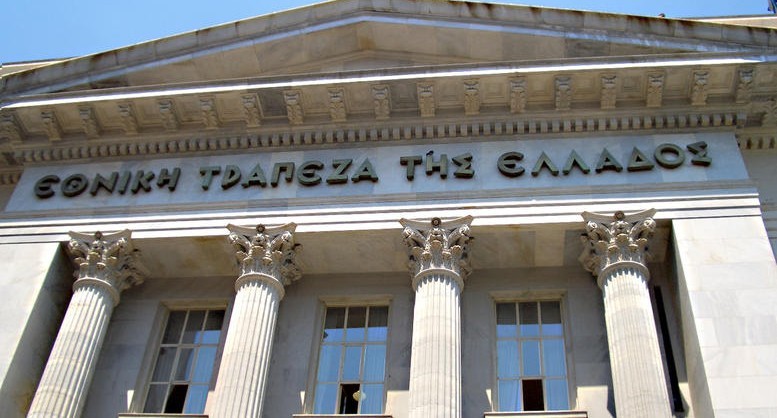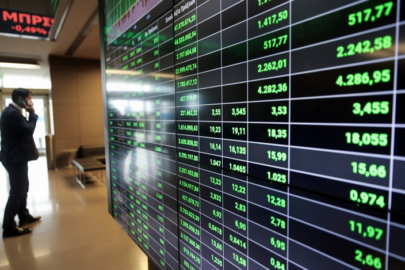The Bank of Greece speaks of the comeback of deposits to Greek banks in 2017, while recommending to banks to speed up the effective treatment of non-performing loans, in order to consolidate depositor confidence in the banking system.
As reflected in the Interim Report on Monetary Policy, from May to October 2017 deposits increased. It appears that since the beginning of 2017, they have been boosted by just €2.6 billion, of which €1.6 billion is related to businesses and €1 billion to households.
As a matter of fact, the above encouraging data is important, as the first message is that the decline observed in previous years has been halted.
If everything regarding the third assessment goes as smoothly (and according to plan) as seen right now, with the consequent upgrading of the Greek economy by rating agencies, then an additional positive signal will be expected, which is nothing else but the significant relaxation of capital controls; if this happens, then, consequently, it will positively affect depositors, too.
Growth trends
With regard to how deposits grew in 2017, the upward trend was seen in the early months of 2017 as sight deposits, which are a 60% financial instrument for businesses. The increase is related to the emerging economic recovery and the widespread use of electronic transactions, while on the basis of the most official data, sight deposits amounted to €27.3 billion at the end of October (2017).
At the same time, savings on savings deposits fell slightly, indicating that households find it hard to save money. Actually, these are simple savings accounts for households used for transactions based on official data. At the end of October, they stood at €49.4 billion, down by €200 million from January 2017.
On the other hand, results are good for time deposits, which mainly serve investment purposes, even in an environment where it is not possible to increase holdings in assets abroad. From January to the end of October (2017), they rose by 5.6%, to €46.8 billion from €45 billion.
It is beyond the obvious that this progress has contributed to the gradual restoration of confidence in the Greek economy and the (country’s) banking system, which is additional encouraging evidence for the future of the Greek economy; the latter is directly related to the return of development, that is expected to be further strengthened within the next year.
Source: Giannis Agouridis/balkaneu.com


































